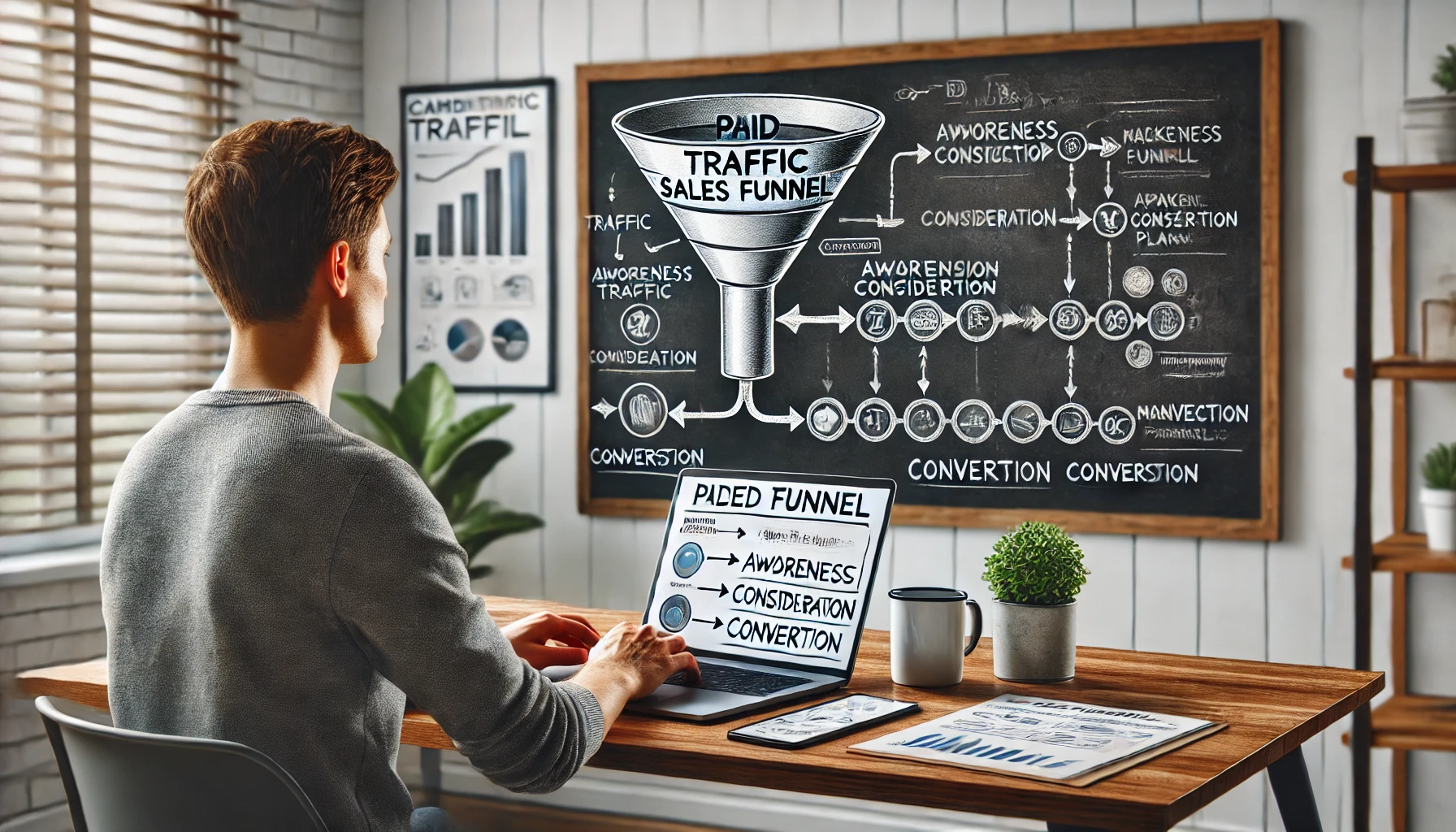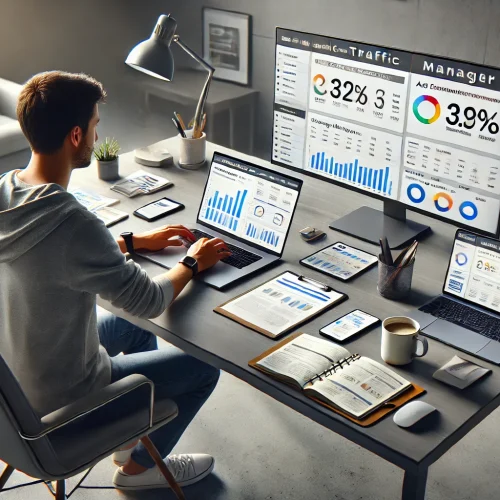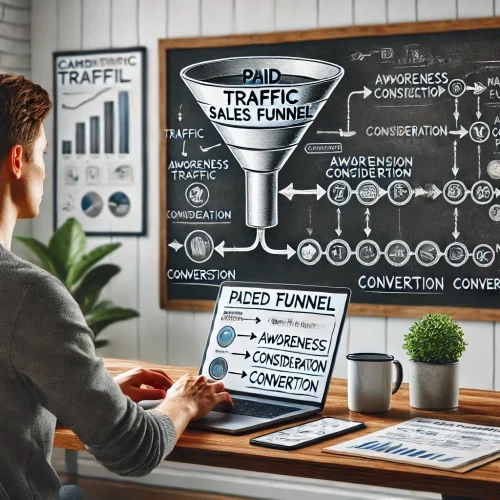If you’re doing affiliate marketing, your income depends on one key action: someone clicking your link. But have you ever stopped to ask — why do people click affiliate links in the first place?
It’s not luck. It’s not just the product. It’s psychology.
Understanding how people think — and what motivates clicks — can help you create content that earns more commissions with less effort. In this article, we’ll break down the psychological triggers that drive clicks and how to apply them ethically in your affiliate marketing strategy.
1. Trust: The Foundation of Every Click
People don’t click because of your link — they click because they trust you.
They trust:
- That you’ve tested the product
- That your advice is honest
- That the link is safe
- That you’re not just pushing for a sale
How to build trust:
- Share personal stories and real results
- Be transparent about your affiliate relationship
- Offer pros and cons, not just hype
- Recommend only what you truly believe in
💡 When people feel like you’re helping — not selling — they’ll click without hesitation.
2. Authority: They Believe You Know What You’re Talking About
Authority doesn’t mean having a huge following — it means demonstrating expertise in a specific topic.
People are more likely to click your affiliate link if they believe:
- You’ve done the research
- You’ve used the product
- You understand their problem better than they do
Ways to show authority:
- Publish tutorials or in-depth reviews
- Use real-world examples and metrics
- Compare tools objectively
- Share case studies or walkthroughs
🧠 People follow those who know more than they do — and reward them with clicks.
3. Social Proof: “If It Worked for Them, It’ll Work for Me”
Social proof is a powerful motivator — humans are wired to follow the crowd, especially when unsure.
If you show that others are using or benefiting from a product, readers are more likely to:
- Trust your recommendation
- Click your link to learn more
- Take action quickly
How to include social proof:
- Mention how many users the product has
- Share screenshots of positive reviews
- Quote success stories from your audience
- Mention “X people downloaded this toolkit today”
💡 Even saying “this is what I use daily” is a form of social proof.
4. Scarcity and Urgency: “Act Now or Miss Out”
People act faster when they feel like time is limited or supplies are running low.
Affiliate marketers can use urgency ethically to encourage faster action — especially for time-sensitive deals or limited bonuses.
Examples:
- “Bonus ends in 24 hours”
- “Only available for the first 50 sign-ups”
- “Price increases tomorrow — lock in the lower rate today”
⏳ Urgency increases perceived value — and clicks.
5. Curiosity: “I Want to Know More”
Humans are naturally curious — and your content can tap into that to drive clicks.
If your headline, image, or description sparks a question, people will click to get the answer.
Tactics to spark curiosity:
- Tease the result before revealing the tool (“This one tool saved me 5 hours per week…”)
- Use open loops (“Here’s the mistake I made that cost me $500…”)
- Ask a question (“What’s the best alternative to [popular tool]?”)
🔍 Just make sure the answer is on the other side of the link — don’t bait-and-switch.
6. Relevance: “This Solves My Exact Problem”
When your content speaks directly to someone’s pain point, they’ll feel like the product is meant for them.
That’s when clicking becomes an easy yes.
How to do this:
- Use specific examples and scenarios
- Match products to niche problems (“Best planners for working moms”)
- Create content that addresses clear goals or frustrations
💡 The more relevant your recommendation, the less “selling” you have to do.
7. Simplicity: Make It Easy to Say Yes
People don’t like to think too hard — so the easier you make it for them to take action, the better.
Your call to action (CTA) should be:
- Clear
- Direct
- Benefit-focused
- Low-pressure
Strong CTA examples:
- “Get your free trial here”
- “Start saving time with this tool today”
- “Try it now — no credit card required”
📌 Don’t bury your link under paragraphs. Use buttons, bullet points, or bold text to make it stand out.
8. Reciprocity: “You Helped Me, So I’ll Support You”
When you help someone — for free — they feel naturally inclined to return the favor.
This is why giving value before pitching is so powerful in affiliate marketing. If someone feels like they’ve already gotten something helpful from you, they’re more likely to click your link just to support you.
How to trigger reciprocity:
- Offer free tools, templates, or checklists
- Answer questions honestly
- Deliver helpful tutorials or walkthroughs
🤝 It’s not manipulation — it’s human nature. Help first, earn later.
Final Thoughts: Understand the Mind, Win the Click
Clicks don’t happen by accident. They’re the result of psychological triggers that drive people to act — trust, curiosity, urgency, authority, and value.
By understanding why people click, you can design your affiliate content to:
- Help more effectively
- Convert more often
- And build deeper loyalty with your audience
Remember: you’re not just posting links. You’re guiding decisions. Do it with empathy and strategy — and your clicks will naturally turn into commissions.








